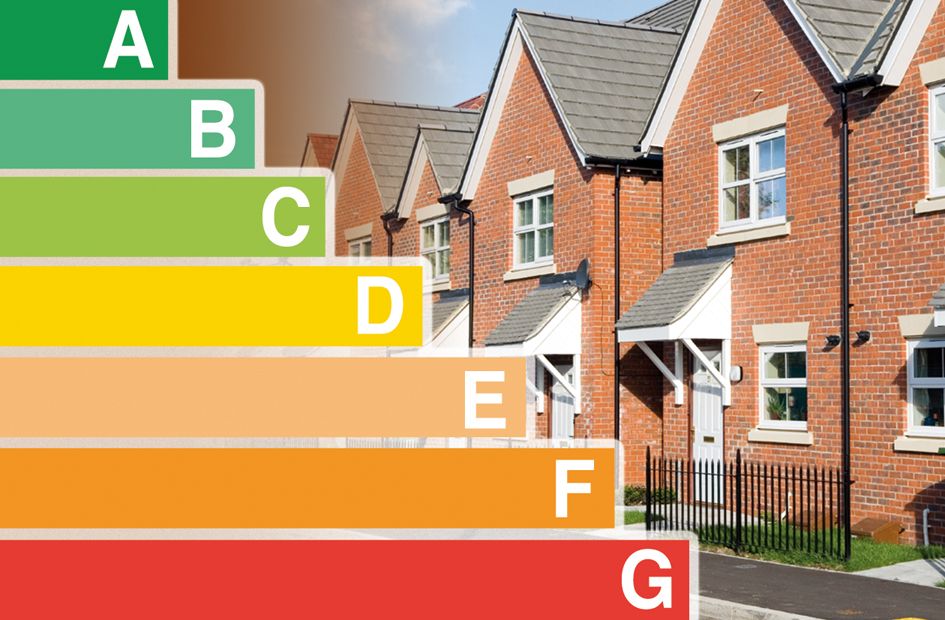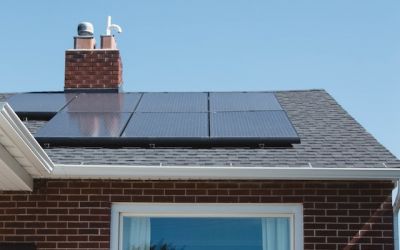UK and EU take further steps to improve energy efficiency
On Tuesday, the European Union approved energy standards for all-new public buildings within the 28 countries.

On Tuesday, the European Union approved energy standards for all-new public buildings within the 28 countries.
The rules are aimed at meeting the EU’s goals to reduce emissions by at least 40 percent below 1990 levels by 2030. Buildings are a key plank towards achieving this target as they are estimated to be responsible for one third of the union’s current greenhouse gas emissions. The new rules will seek to increase the energy efficiency, conservation and performance of buildings.
The European Commission’s Vice-President for Energy Union, Maros Sefcovic, commented:“The fight against climate change starts ‘at home’, given that over a third of EU’s emissions is produced by buildings. By renovating and making them smart, we are catching several birds with one stone – the energy bills, people’s health, and the environment”.
At the same time, the UK Government has introduced new costs landlords will have to pay to improve energy efficiency. In launching a consultation on the Minimum Energy Efficiency Standards (MEES) for domestic buildings, the Government has suggested capping the costs to upgrade households at £2,500; however, this is half as high as originally proposed.
The new regulations are designed to improve energy efficiency, cut carbon emissions and help tenants save on their energy bills. The standards which will come into force from April 2018, and require private landlords to ensure their properties meet a minimum energy efficiency standard, equivalent to Band E on the UK’s Energy Performance Certificate. The lowest band is G.
Richard Twinn, policy advisor at The UK Green Building Council, said: “The Government’s own figures show that setting the cap at just £2,500 per property will mean that the vast majority of the coldest rented properties will not even need to meet the minimum standard. This could leave a gaping hole in the Government’s plans to meet its own fuel poverty targets”.
In contrast, the National Landlords Association disputed the benefit of making landlords pay for upgrades. The body’s CEO, Richard Lambert, responded:
“The Government clearly thinks that landlords have cash to spare, just when its own changes to landlord taxation will soon be increasing the cost of providing homes to rent. There’s a real risk that some landlords who simply cannot afford the upgrades will find that leaving a property empty and unimproved becomes a realistic option. How does that benefit renters?”
Photo credits: National Landlords Association





